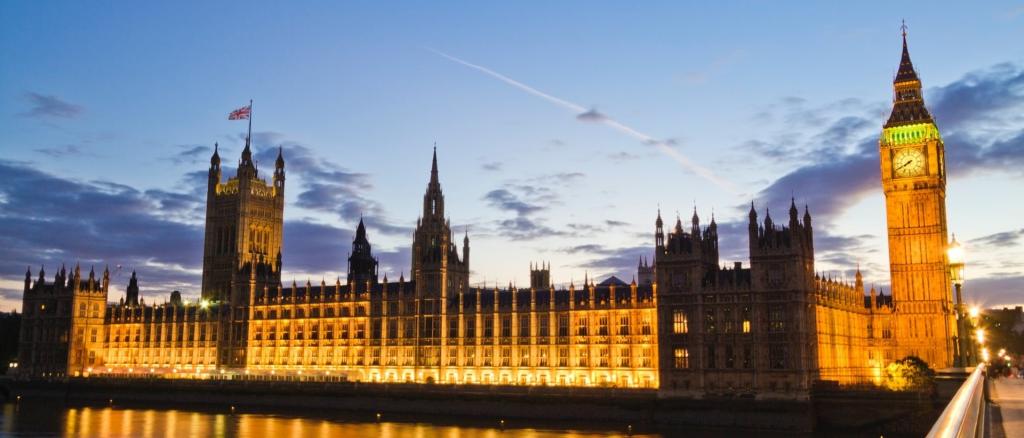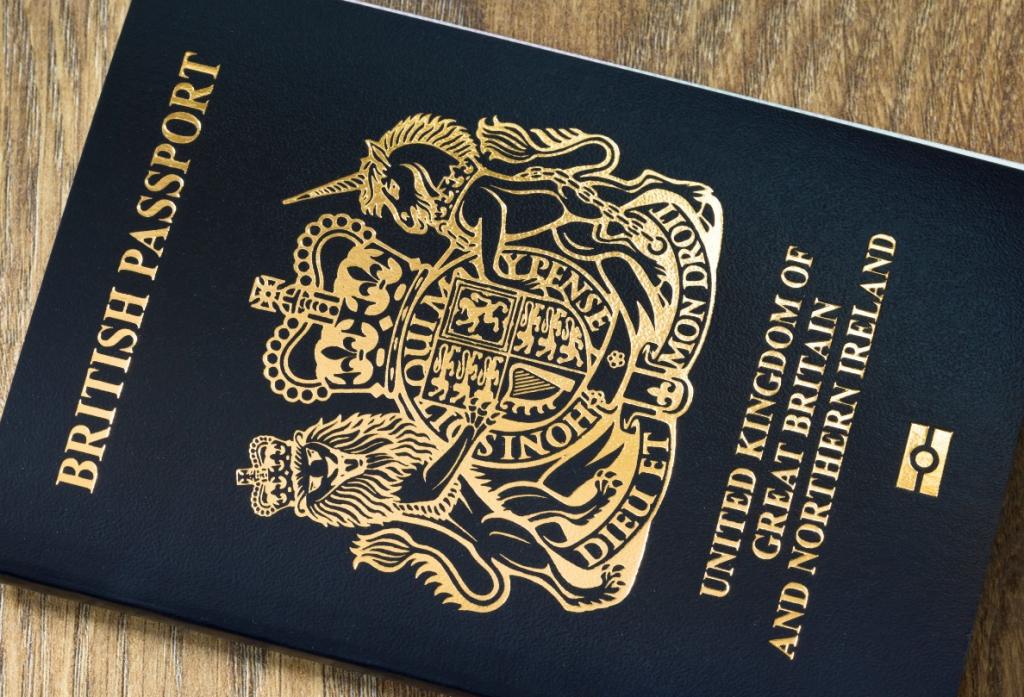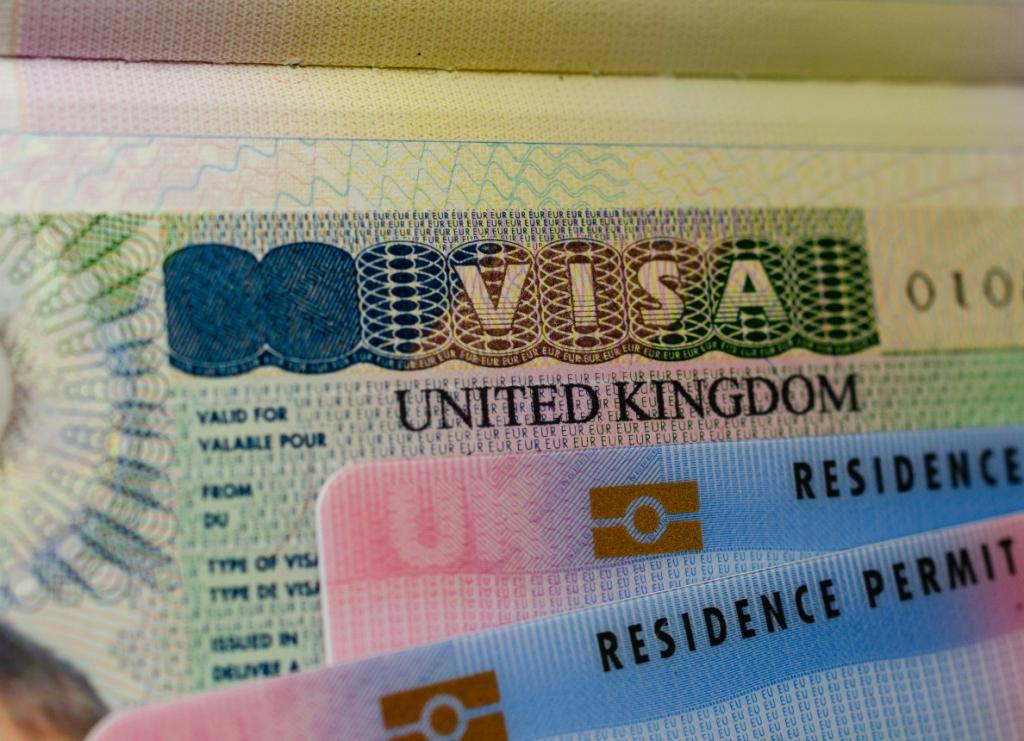INSIGHTS
5 ways Brexit has impacted business travel

Brexit brings huge consequences for travel between the UK and EU for many businesses. There are changes to passport validity, long-term stays, border control, mobile data roaming and driving in Europe for UK travellers.
It is important to prepare for these changes now so that business travellers can successfully carry out their trips when they are ready to get on the road again.
There are also some things that won’t change such as short business trips. Plus a new version of EHIC cards are launching, continuing free or reduced-cost medical care in the EU.
Whatever the current status of your 2021 travel programme, get Brexit-ready with our quick reference guide.

1. Some travellers will need to renew their passports earlier than anticipated
Travellers may need to renew their British passport earlier if travelling to an EU country, Iceland, Liechtenstein, Norway or Switzerland.
On the day of travel, British passports now need to
- Have at least six months validity
- Be less than 10 years old (even if it has six months or more left)
This rule does not apply to Ireland; where travellers can continue to use their passport as long as it is valid for the length of stay.
Check a passport for travel to Europe on the government's passport checker tool.

2. Trips to Europe may need a visa
If you’re travelling to an EU country, Switzerland, Norway, Iceland or Liechtenstein for less than 90 days in a 180-day period, you may be able to do some things without getting a visa or work permit, for example going to a business meeting.
You may need a visa, work permit or other documentation if you’re planning to stay for longer than 90 days in a 180-day period
Travellers may be refused entry if they do not have the correct visa or work permit, or if they have exceeded 90 days in 180 days.
Entry requirements will differ for each country.
Click here for more government information about visiting Europe.

3. Border crossings may take longer and travellers may be asked to provide proof of a return ticket
UK passport holders now have to use border queues for non-EU passport holders. Border checks could take longer so it is worth taking this into consideration alongside journey disruption. If travellers do not allow enough time they could miss their flight, train or ferry.
At border control, UK travellers may be asked to show a return/onward ticket or show they have enough money for their stay.
Click here for more government information about visiting Europe.
4. Mobile roaming may incur additional charges
Free mobile roaming is no longer guaranteed throughout the EU, Iceland, Liechtenstein, Norway and Switzerland. Travellers will have to check whether their mobile phone company is still offering free roaming or has introduced charges. At time of writing (12 Jan 2021) Three, Vodafone, O2 and EE/BT have said they will continue to offer free roaming in the EU for UK customers.
A new law has been introduced which caps mobile data charges to £45 unless the traveller decides to opt in to spend more.

5. If driving from the UK to Europe, you will need to obtain a green card
Travellers driving in Europe will need to contact their insurer six weeks before they travel to get a green card which proves they have insurance.
When driving in Europe travellers will need to have with them:
- Drivers licence
- Log book (V5C) if the traveller owns the car or VE103 form if the car is hired or leased
- Valid insurance documents
- Green card from insurer – more information here
- GB sticker – more information here
- International driving permit (IDP) if you have a paper driving licence and those with a licence issued in Gibraltar, Guernsey, Jersey or Isle of Man – more information here
The UK government advises checking driving regulations with embassies.
And what is staying the same?
1. European Health Insurance Card (EHIC) is valid if travelling to an EU country and a new version has launched
European Health Insurance Cards (EHIC) continue to be valid until they expire. EHICs give British travellers free or reduced-cost medical treatment in EU countries. Those without an EHIC will need adequate travel insurance that ideally covers any pre-existing conditions covered by the EHIC. Travel insurance costs are expected to increase in 2021.
A new Global Health Insurance Card (GHIC) has been launched with similar medical coverage, however it will not be valid in Iceland, Liechtenstein, Norway and Switzerland. Find out more and order the new GHIC from the NHS website here.
Full information on getting the right travel insurance is available at gov.uk/foreign-travel-insurance.
2. Travel to the Republic of Ireland is still permitted with no changes
Travel rules between the UK and Ireland have not changed. This is due to separate arrangements for the Common Travel Area which covers the UK, Ireland, Isle of Man and the Channel Islands.